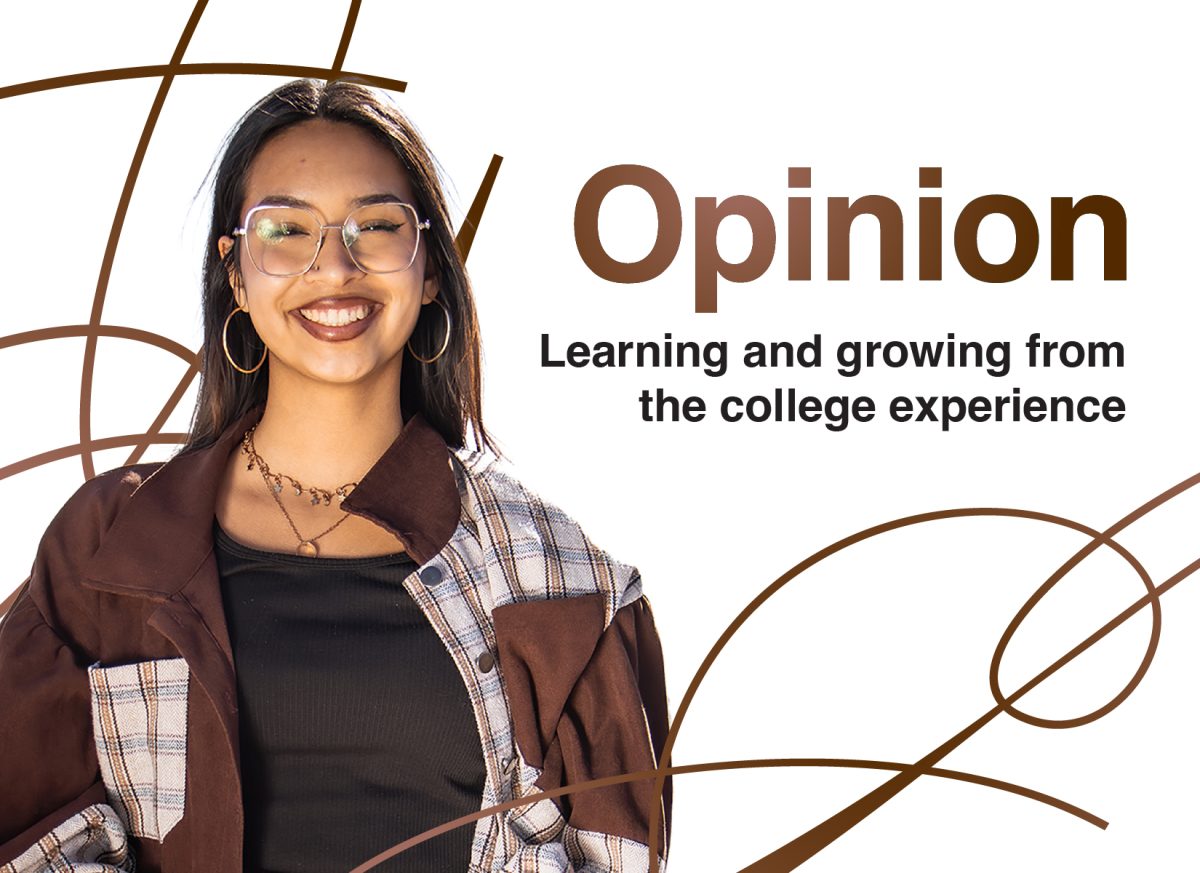The day Michael Brown got shot by a white cop, who was now been identified as Darren Wilson, my Tumblr feed had blasted with posts dealing with the issue. Photo sets and articles about police brutality, racism, oppression and chaos were all there mixed in with cat gifs, songs and recipes, but there was one that really caught my attention.
It was a slam poetry video. The poet and African American named Javon Johnson recounts what at first seems like an innocent light-hearted poem about an uncle trying to answer a plethora of questions to his inquisitive young nephew.
The poem takes a turn when the young child spots a cop car and his first instinct is to hide. “Oh man uncle 5-0 we gotta hide.” In the poem Johnson is filled by rage at the fact that his young nephew at such a tender age has already learned to be afraid of the cops because of color of his skin.
“I’ll be honest, I’m not happy with the way we raise our Black boys. Don’t like the fact that he learned to hide from the cops, well before he knew how to read.” As Johnson pronounces the words they steadily increase in volume matching his rage. “Angrier that his survival depends more on his ability to deal with ‘authorities’ than it does his own literacy.” It is then that Johnson demands his nephew to stand up and not be afraid but the true turning point of the poem is when Johnson talks about his own fear.
“Is today the day he learns uncle is willing to lie to him? That he is more human than hero…We both know the truth… We both know too many Black boys who disappeared.”
The reason Johnson’s poem was so striking to me is because it’s an individual narrative representative of the fear communities of color are forced to live with due to institutionalized racism.
“We know too many Travon Martins, Oscar Grants and Abner Louimas, know too many Sean Bells and Amadou Diallos,” Johnson said. Let’s not forget to add to the list Jordan Davis who got shot for listening to music too loudly. Dante Parker who was tazed to death by Sheriff deputies in San Bernardo County. John Crawford who was shot to death after failing to put a toy gun down. Oh, and there was Eric Garner who was killed in a chokehold position by a New York cop as he muttered, “I cant’ breathe.”
Not added yet to the growing list are the names of people of color who couldn’t afford
to be at the right place at the right time. Those men and women who had the misfortune of being born with the wrong skin color, in the wrong country, in the wrong era who made the wrong move and said the wrong thing at the hands of unforgiving men who deemed them guilty before they ever said anything.
“We both know it’s not about whether or not the shooter is racist, it’s about how poor Black boys are treated as problems well before we are treated as people,” Johnson said.
As I read more about the death of Michael Brown, Johnson’s poem seemed even more relevant.
I learned that not only is the death of Michael Brown donative of wider scale issues facing our country such as racism, poverty, police brutality and impunity, but of something I had never even considered before—reproductive justice.
Reproductive justice aims to secure reproductive rights to all people by transforming power inequities and making long-term systematic change.
Reproductive rights are the basic legal rights of all people to decide freely whether or not they want to have a child, and if they decide to have children, to raise them in a safe environment.
The same fear that Johnson captures in his poem is the same fear grappling people of color and infringing on their reproductive right to be parents.
In an interview with the Feminist Newswire Imani Gandy, senior legal analyst at RH Reality Check said, “Black women are raising children and fearing that their children are going to be gunned down in the street. That affects their ability to parent freely.”
This is another narrative that we aren’t hearing. The death of Michael Brown is not only solely about racism, it’s a reproductive justice issue.
Why is any of this important? I think its important because in order to fully tackle a system of oppression like racism we need to understand all the people being affected in all the different forms they are being affected.
It’s about understanding how complex and how encompassing power structures are.
It’s about being inclusive when considering an issue and understanding everybody that is affected.
It’s about realizing how much people have to lose, how much we have to fight for and how much we have to gain.
Maria Esquinca may be reached at [email protected].





